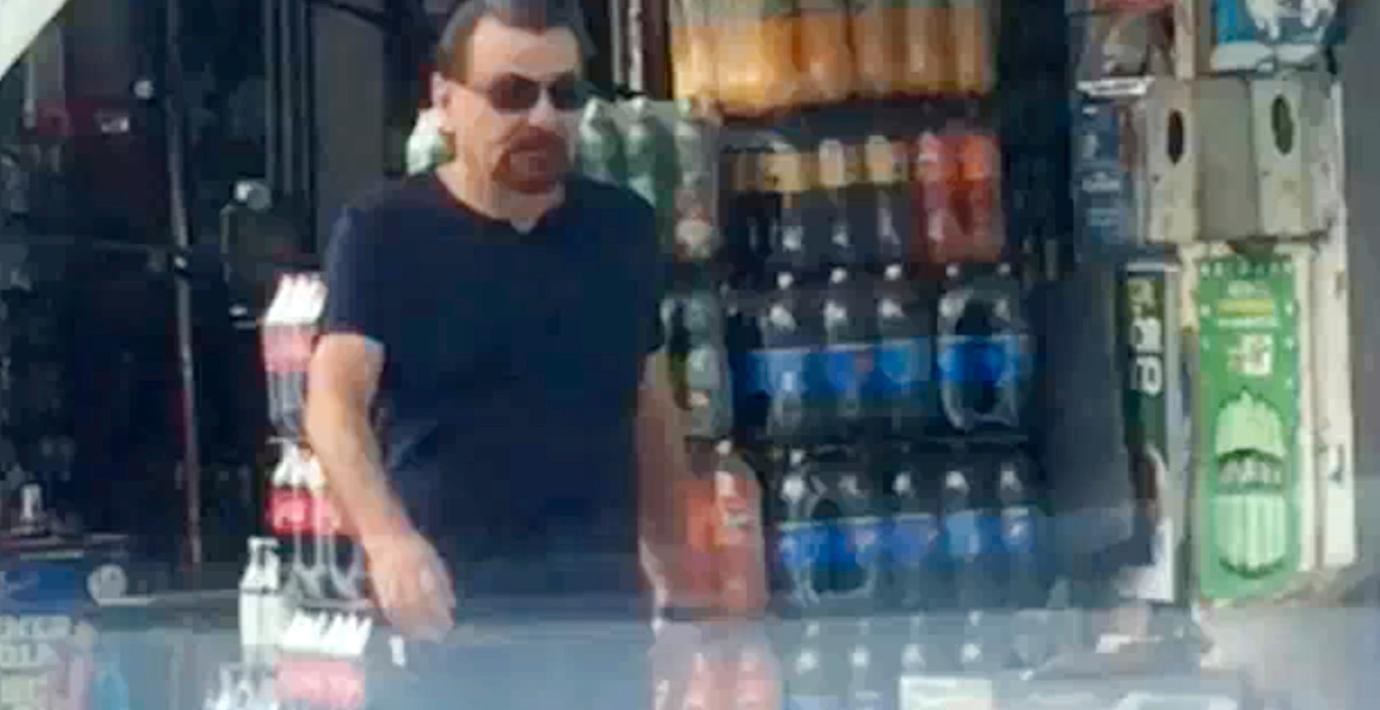
Specialgrupp från Interpol grep Battisti – bar lösskägg
Italienaren Cesare Battisti, som var medlem i en väpnad kommunistisk organisation på 70-talet, bar lösskägg när en specialgrupp från Interpol slog till och grep honom på gatan i Santa Cruz i Bolivia i söndags kväll, rapporterar Corriere della Sera.
En observation av Battisti i staden ledde till en samordnad insats med de lokala myndigheterna, uppger italienska källor. Enligt tidningen ska Interpol sedan jul ha riktat in sitt sökande på ett par bostadsområden i staden.
64-årige Battisti är dömd i sin frånvaro för fyra mord i hemlandet men har hållit sig undan i decennier. Han har också levt under skydd av Brasiliens tidigare president Lula da Silva, men landets nye president Jair Bolsonaro har lovat att utlämna Battisti.
bakgrund
Cesare Battisti
Wikipedia (en)
Cesare Battisti (born 18 December 1954) is an Italian former member of the Armed Proletarians for Communism, a far-left militant and terrorist group which committed acts of illegality and crimes in Italy in the late 1970s during the period known as the "Years of Lead". He was sentenced for four homicides (two policemen, a jeweler and a butcher) to life imprisonment in Italy. He fled Italy first to France and then to Mexico before settling in Brazil where he lived as a free man until having his deportation ordered in December of 2018. He is currently in custody in Bolivia awaiting extradition to Italy. He has become a fiction author, having written 15 books.
Battisti was sentenced to 12 years under the charge of participating in an armed group and of the material killing of two people and being the mandate for other two homicides. He fled to France in 1981, where he received protection under the Mitterrand doctrine. Later, he was tried in absentia based on testimony in Pietro Mutti's trial implicating him in four assassinations, bringing the total of charges against him to 36. He was given a sentence of life in prison in 1995. After the de facto repeal of the Mitterrand doctrine in 2002, Battisti entered Brazil with fake documents to avoid a possible extradition.
He was arrested in Rio de Janeiro on 18 March 2007 by Brazilian and French police officers. Later, Brazilian Minister of Justice Tarso Genro granted him the status of political refugee, in a controversial decision which was much criticized in Italy, whereas Brazilian and international press opinion was more divided. On 5 February 2009, the European Parliament adopted a resolution in support of Italy and held a minute of silence in memory to Battisti's victims. On 18 November 2009, the Brazilian Supreme Court considered the refugee status illegal and allowed extradition, but also stated that the Brazilian constitution gives the president personal powers to deny the extradition if he chooses to, effectively putting the final decision in the hands of Brazilian President Luiz Inácio Lula da Silva. On 31 December 2010, on Lula's last effective day as president, the decision not to allow extradition was officially announced.
Battisti was released on 9 June 2011 from prison after the Brazilian Constitutional Court denied Italy's request to extradite him. Italy plans to appeal to the International Court of Justice in The Hague. In March 2015 a federal judge ruled null and void the decision to grant him a permanency visa as it would conflict with Brazilian law, ordering his deportation. On 14 September, the sixth section of the Regional Federal Court of the First Region (seated in Brasília) declared the deportation of Battisti illegal. In December 2018, Brazilian President Michel Temer signed the order to extradite Battisti, after the Brazilian Supreme Court ordered his arrest. He fled justice after this. He was finally arrested in Bolivia on 12 January 2019.
Omni är politiskt obundna och oberoende. Vi strävar efter att ge fler perspektiv på nyheterna. Har du frågor eller synpunkter kring vår rapportering? Kontakta redaktionen

